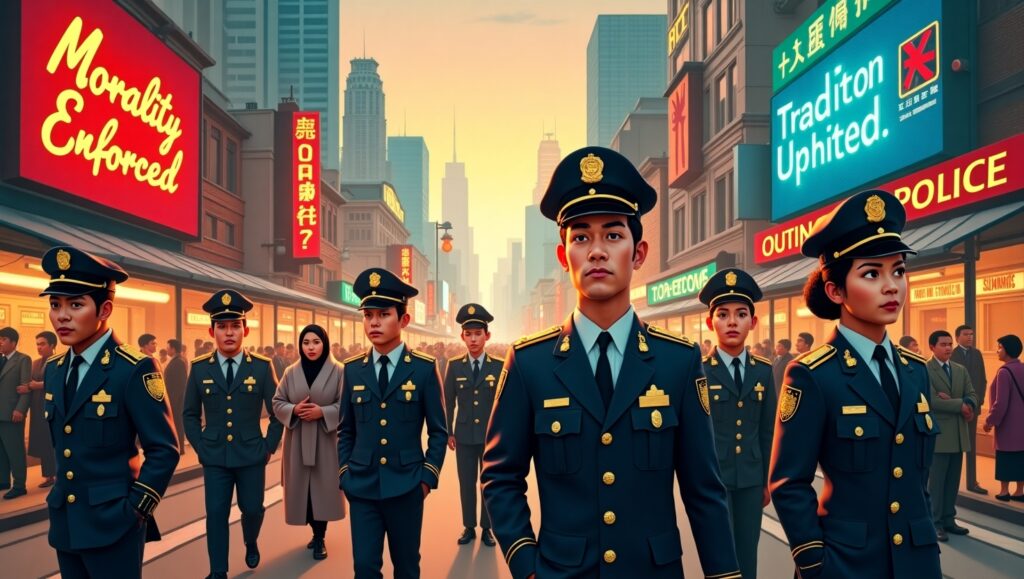Need for accountability with respect to scenario of stand up comedians
Moral policing is not defined anywhere in any authoritative text in this country simply because the concept is against the essential values of the Constitution. However, it broadly refers to a system where a strict social vigil is maintained, and restrictions are imposed upon those who violate or attempt to violate the basic moral conduct of society. Who decides this basic moral code of conduct? There are two parallel entities responsible for this task in our country, as well as in many others.
The first entity, which is more structured and legally defined, is our Government. We, the people of India, elect our representatives in the Legislative, who make laws for us and also constitute the Executive to implement them. We pay our direct and indirect taxes to ensure that our judiciary functions independently and efficiently. This body (Government) formulates the basic morals of society, which are universal in their applicability (with explicit exceptions), defined in law, based on the premise of reasonableness, and subject to challenge or amendment at any time.
The second entity comprises conservative vigilante groups within our society. They hold no legal sanctity to formulate any moral principles, and their morals often stem from the perspective of a conservative, powerful minority within the majority. It is important to clarify that the so-called ‘majoritarianism’ is merely a simplistic way to paint all individuals with the same brush, creating a more uniform and extensive canvas.
Moral policing, in the context of the recent trend of violent upsurges against stand-up comedians, is an issue that requires significant deliberation. Comedy is meant to amuse people and make them laugh. The core dispute here is the generational gap in the perception of humor in our country. Some youngsters will perceive a joke differently from how it is understood by older individuals. The backlash observed in the case of a show named ‘India’s Got Latent’ cannot be deemed entirely unwarranted, as it featured content that parents might not find appropriate for their young school-going children. However, if an adult chooses to watch such content, how can they be stopped? That said, I do not support the complete vilification of the individuals involved in the act.
Such moral policing should not be encouraged in our country, as its manifestations can be extremely cruel, including:
- Mob lynching
- Honor killing
- Cultural terrorism
- Religious persecution
We need to recognize that these instances will only increase due to the growing divergence of perspectives between different generations in our diverse country. At times, children playing football in public parks in our congested cities is perceived by our respected elders as morally wrong. Yet, if children were to refrain from playing outdoors and instead engage in smartphone games that elevate anxiety and aggression, the same elders would lament, nostalgically murmuring the phrase “missing the days of Rome” while criticizing the younger generation.
There should be only one kind of policing in the country—one that is governed by the Constitution. Morals cannot be embedded in people’s behavior through violence, as violence itself contradicts morality. However, they can be ‘imposed,’ albeit for a very short period, upon people through the use of illegitimate force.

